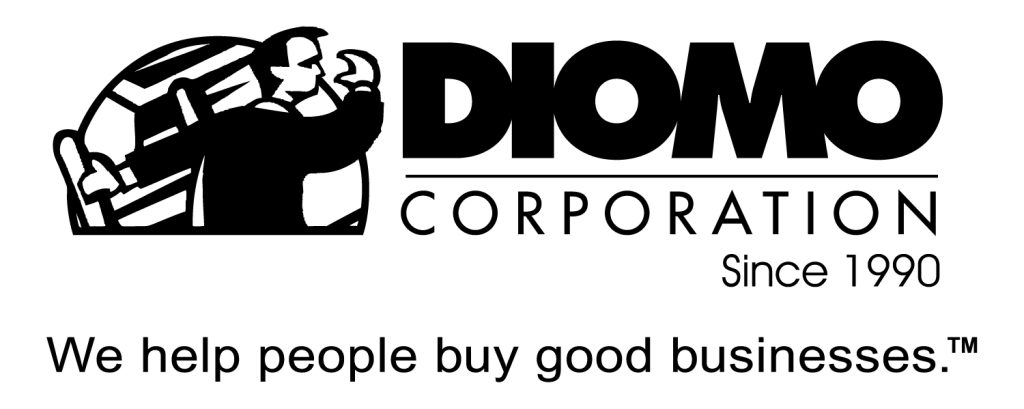Question:
I want to buy a restaurant but have never owned one before. What are the main things I should look out for or consider?
Answer:
Perhaps the first thing you should consider is why you want to buy a restaurant altogether?
As long as you are doing so because this type of business fits your strengths and experience, it’s fine, but if it’s a matter of “it’s always been a dream” then think seriously because the failure rate is terribly high in these situations.
Now that we have that out of the way, here are the main considerations:
The Lease and Location
Unless you’re looking at buying a restaurant that is considered a longtime “classic”, chances are that the location will drive the business.
Naturally, good food/service/value are critical aspects to any good restaurant you would consider buying but having access to customers is always key. As such, you must investigate the lease to determine whether it is assignable, the number of years remaining (you want at least 10 years between the current lease and available options).
Something very interesting has occurred in this business regarding leases and landlords. They (the landlords) have become very weary of assigning leases to new owners who do not possess any restaurant experience. Often times, they will simply refuse the assignment regardless of lease language, or will require personal guarantees, collateral, numerous months of prepayments, or keeping the prior owner on the lease as well. Usually, you can negotiate with any reasonable landlord, and don’t take a hard nosed approach initially; however, investigating the lease and transferability thereof should be one of your first tasks in your due diligence phase.
The Valuation – always a challenge
Restaurants are notorious for having lots of unreported income.
I’ll leave the pros and cons aside for another column but the fact remains you’ll likely see several restaurants where the books and records state one thing but the owner tells you a whole different story. It’s one of those: “don’t worry, there’s plenty of cash sales”.
The onus is on the seller to prove the figures that he represents as the “real” profit. I receive a tremendous number of inquiries from clients and subscribers about this issue of unreported income and this is a very dangerous situation for any buyer. Personally, I have always felt if the seller cannot prove it, he cannot expect to be paid for it. Unfortunately, this is easier said than done and so you need their assistance in reconstructing the figures. As such, it is important that you engage a CPA who is familiar with these situations as well. Usually, the financials can be reconstructed by reviewing supplier invoices, payroll, seller records, meal receipts, etc. Think about it as a three pronged chair (as an associate of mine once told me). If you have two legs, you can usually figure out the third one.
When it comes to unreported income, there are three questions that you must present to the seller:
- Can he prove it?
- How?
- Is he willing to?
Of utmost importance is for you to convey your sincerity to the seller in finding the real figures but it is expected that he complies with the necessary data. If not, you must understand that you are taking a major risk by taking his word for it. Be diligent and be prepared to walk if the numbers simply do not prove out.
The Equipment:
You’ll want to be certain that the equipment you will be receiving with the business is in working order. If not, what are the costs to repair and or replace it? In most cities you can find a local company/individual who will examine the equipment and provide you with a report. This can be very helpful. Naturally, they will want to cover themselves and also find a few problems. Nothing is perfect and a restaurant business will need to replace equipment on a regular basis and so as long as there is nothing major you will be fine.
Experience and Transition:
If you’re someone who has always had a dream to own a restaurant then I won’t be the one to squash your goals but you may want to consider the type of restaurant that you buy to be certain that it fits well with your strength. A good start is to understand what the current owner does on a daily basis since it is he that you will be replacing. If you do not have the same skill set in general terms, then someone has to be hired who does and how will this affect the profits?
Conversely, there are many restaurants where the seller oversees the operation, works the cash, there may be a manager in place, and some where the owner is more host than operator. These all bode well if you do not have direct experience. That’s not to discount the importance of prior experience. The key with a restaurant just as any other business is to determine without question what is it that drives the revenue and profits. That factor must be what you do best.
Other Issues:
Interestingly enough, the average restaurant purchase involves over 125 points that need to be investigated during the due diligence phase including the financials, equipment, health issues, the suppliers, employees, lease, and numerous other important issues. You may want to consider checking out the program we have specific to buying a restaurant at: www.diomorestaurant.com

